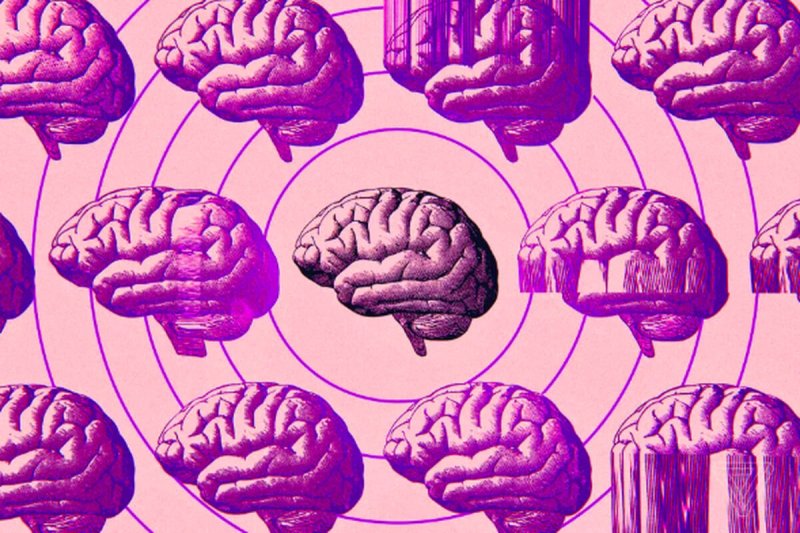The promise of ketamine, an anesthetic drug primarily used at sub-anesthetic doses to either manage severe pain or send recreational users into a tranquilized and euphoric fugue, is that it could reduce the onset of an antidepressant effect from weeks to hours.
…
[Recently,] the FDA approved esketamine, the s-enantiomer of ketamine, as a therapy for patients with treatment-resistant depression, but the mechanism underlying the drug’s efficacy remains poorly understood. [In a session at the] British Neuroscience Association’s Festival of Neuroscience 2019, the potential mechanisms of ketamine’s antidepressant action were put under examination.…
If your brain wants you to feel good, its generally going to deploy dopamine, a neurotransmitter with a key role in pleasure (or at least motivation), to change your mood. It’s no surprise, then, that researchers suspect dopamine is involved in ketamine’s ability to make chronically depressed people feel normal again in a matter of hours. Krystal highlighted that ketamine’s ability to increase dopamine release in the rodent brain is well established. A follow up talk from the University of Brescia’s Ginetta Collo put forward evidence that ketamine boosts brain plasticity both in dopamine neurons taken from mice and those created from human stem cells.
Read full, original post: Why Does Ketamine Fight Depression? Finding Answers at BNA 2019































